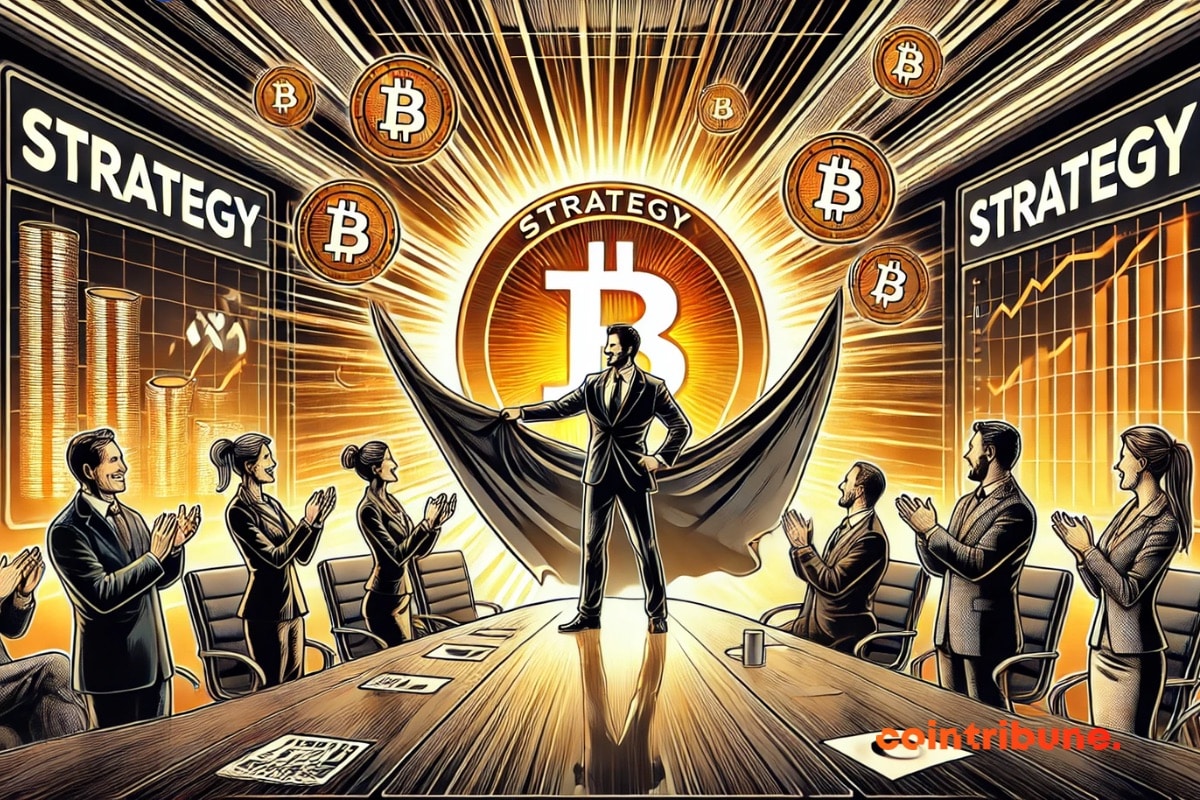Let’s cut to the chase, folks. The global financial landscape is shifting, and China is subtly, yet powerfully, recalibrating its approach. Last week, PBOC Vice Governor Xuan Changning attended both the Central Bank of Iceland’s annual economic conference in Reykjavik and the Bank for International Settlements (BIS) Governors’ Meeting in Basel – and what he said is sending ripples through the markets.

Photo source:global.chinadaily.com.cn
It’s clear the PBOC is moving away from rigid quantitative targets. Forget fixating on specific money supply numbers; the focus is now squarely on price-based tools, especially interest rates. This isn’t just semantics – it’s a fundamental shift in how China manages its economy.
Here’s a quick breakdown of the key takeaways:
Price-Based Control: The PBOC is prioritizing interest rates as the primary lever for monetary policy, signaling a move towards a more market-driven approach.
Rate Mechanism Overhaul: The 7-day reverse repo rate has been formally established as the key policy rate, offering greater clarity and predictability for investors.
Expanded Toolkit: Gone are the days of limited options. The PBOC is bolstering its toolbox, including secondary market operations like government bond trading, for greater flexibility.
Structural Policy Tools: China isn’t just about broad strokes anymore. They’re refining structural tools to support market stability, demonstrating a willingness to intervene where needed.
And crucially, Xuan Changning emphasized a commitment to transparency. Clear communication and managing expectations—a lesson many central banks could learn from! This is about building trust, and demonstrating a clear direction. The PBOC is keen to avoid market jitters by proactively guiding expectations. This is a smart move in a world craving stability. He also fielded questions from the audience, a sign of openness and engagement. This outward facing communication is a big deal.
This isn’t just an internal restructuring; it’s a message to global markets: China is serious about adapting to a new economic reality and playing a more sophisticated role on the world stage.






